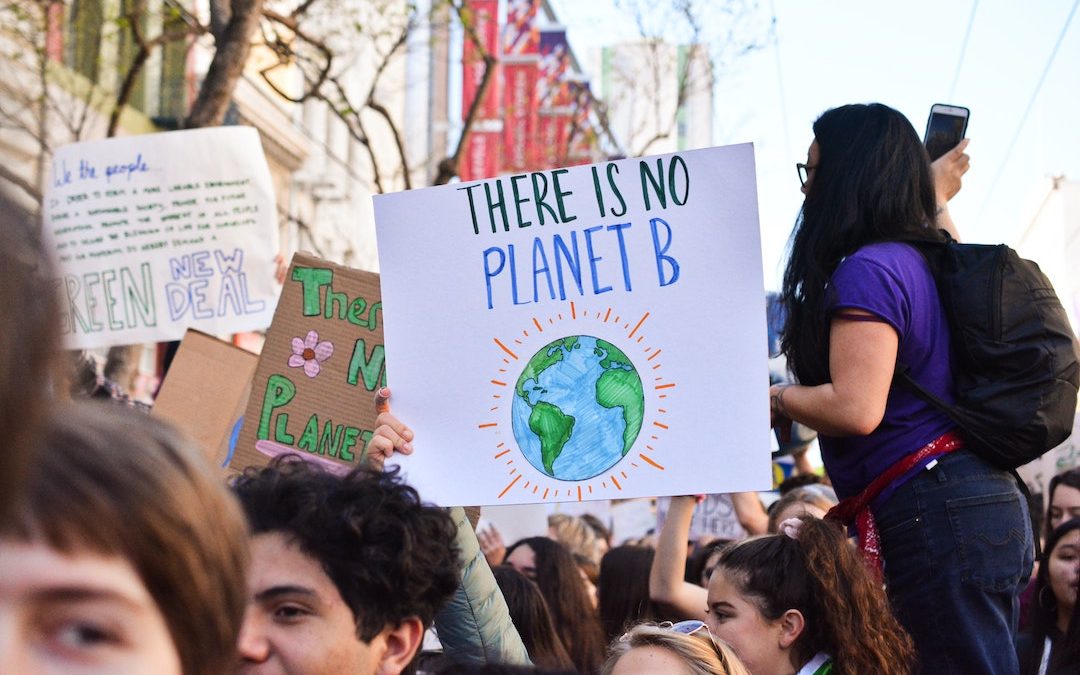I recently returned to work from a Sabbatical week. During this Sabbatical week, I took luxurious naps and read for hours on end and hung out with my kids and watched documentaries and ate good food (probably too much) and rested as well as I could.
I still feel tired.
I’m realizing, once again, that it’s the world that makes me tired.
The world makes a lot of us tired.
What is happening in the world encroaches on the safe spaces I draw around my life, my work, my heart. I want to distance myself from it all. I want to ignore it. Pretend it isn’t happening. I want to believe this is just the way it is, that I won’t be able to change anything.
That’s just because I’m tired. I’m tired of fighting for the things I believe in. I’m tired of trying to stand strong when so many want to knock me down. I’m tired of trying to teach my kids how to be kind, compassionate, loving activists in a world that shows them something completely different, everywhere they turn.
Maybe you can relate.
But just because I’m tired doesn’t mean I can quit. Just because we’re tired doesn’t mean we can quit.
Obviously, we can’t fix every problem we find in the world. That would take a thousand of us, and probably that many lifetimes. But we can pick our focus.
On a recent walk, my husband asked me, “If you could pick one issue to focus on, and you knew someone else would focus on the other issues important to you, which one would you pick?”
I said, “Only one?”
I broke the rules, of course. I told him I’d focus on women’s rights, LGBTQ+ rights, and environmental issues to combat climate change. (There are many other issues I care about, but if I knew someone else was taking care of them, these are the top three I’d put my energy into.)
I used to write beat poetry inspired by issues I read about in the newspaper. I likened myself to the old beat poets, Allen Ginsberg and Jack Hirschman and Diane de Prima and Joanne Kyger and Jack Kerouac. They wrote poetry as an activist act or as protests or to rally a cry for better treatments and policies (among other things).
I used to share my beat poetry. I was called an aggressive feminist, a misguided liberal, a disgusting man-hater, a disgrace to my husband and children (!!). By people I knew, people I didn’t know, people I’d served with in ministry for decades.
I lost my courage for a while.
But I think I’m finding it again.
I’ve picked up my beat pen. I’ve started writing that pointed poetry again. I’ve begun using my voice in louder (and softer) ways. It’s what I can do. It’s my way to speak up. It’s where I can make a difference.
The haters win when they silence you.
We can take heart from Jesse Jackson, an American civil rights activist and minister: “Wherever you are tonight, you can make it. Hold your head high; stick your chest out. You can make it. It gets dark sometimes, but the morning comes. Don’t you surrender!”
I find courage in the words of Thema Bryant-Davis, an American psychologist and minister: “Outlast the heartbreak and disappointment. Dare to believe there are beautiful moments ahead.”
And I find hope in the words of Eleanor Roosevelt: “I have never felt that anything really mattered but the satisfaction of knowing that you stood for the things in which you believed and had done the very best you could.”
I hope we all do the very best we can while choosing to be the most loving, accepting, and understanding people we can be.
Light shines through compassion and love. Shine your heart out.
Question: Where will you funnel your focus? How will you make the world a kinder, more compassionate, more loving, more equitable place?
Small things that add up to big things. That’s how I think about what I can contribute to a cause. I’m not a politician. Sure, I can march and write my representatives and use my voice, but, you know, life gets in the way. So what are some small things we can do that can make a small—or maybe large—difference?
1. Use your gifts.
Maybe you don’t write like I do, or maybe you do. Use your writing. Use your art. Use your creative brain. Use your wicked math skills. Use your creative problem solving. Use your scientific proclivities. Use your self. Be yourself. Share yourself. Share your heart. Do no harm. There are a thousand little things we can do, every day, that might one day add up to something big.
2. Find local ways to get involved.
Maybe it’s the local school board, or attending a meeting to say your piece. Maybe you go to a city council meeting. Maybe you help your city vote on where its city budget dollars should be allocated. Maybe you raise your voice in local marches and peaceable demonstrations. All of these can help you feel like you’re less alone, that you have support around you, and that you are connected to others—and to the issues important to you—in ways that will make a positive difference.
3. Take care of yourself.
When you stand for anything, people will also stand against you. We can’t be brave all the time. It’s okay to take time away from our causes, to refresh and reconnect with the people who love us. To care for ourselves. To take some breaths and protect our hearts and remember that we are amazing and worthy and important, too. And when our strength is shored up, we get back out there and keep sharing our hearts.


